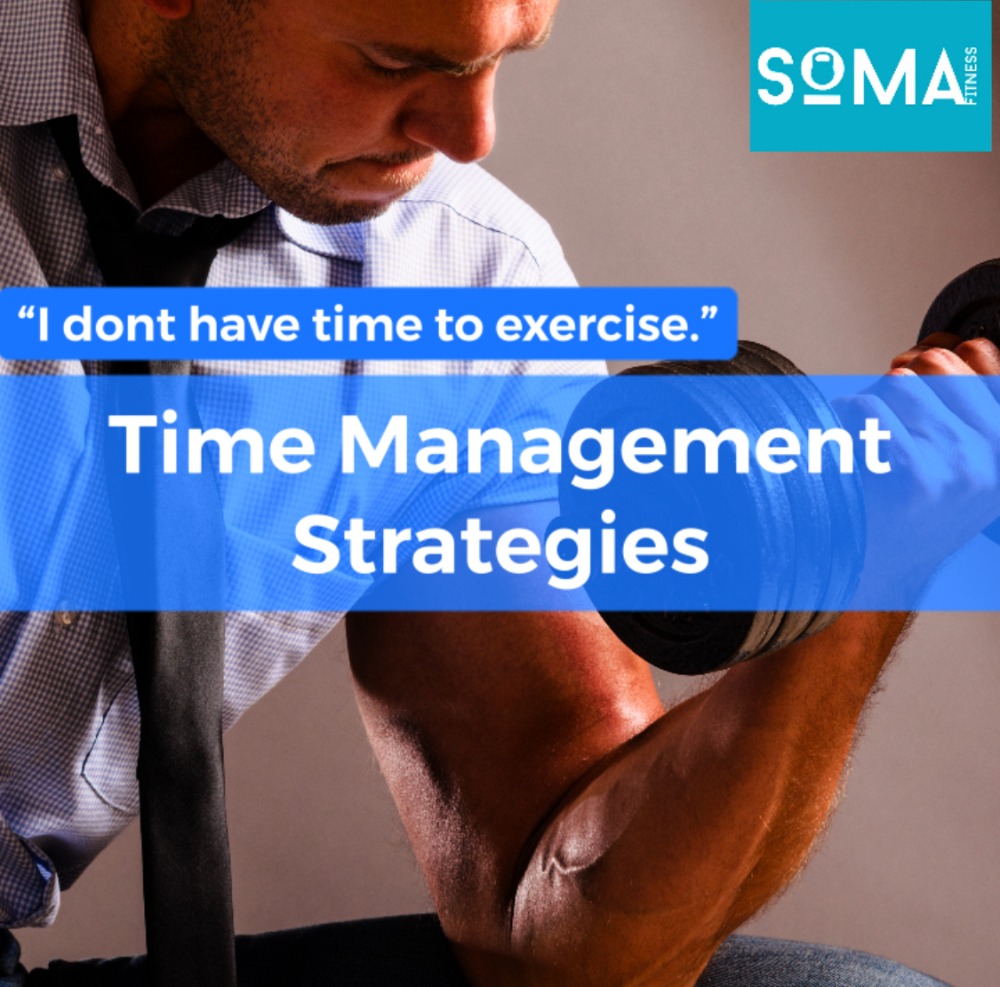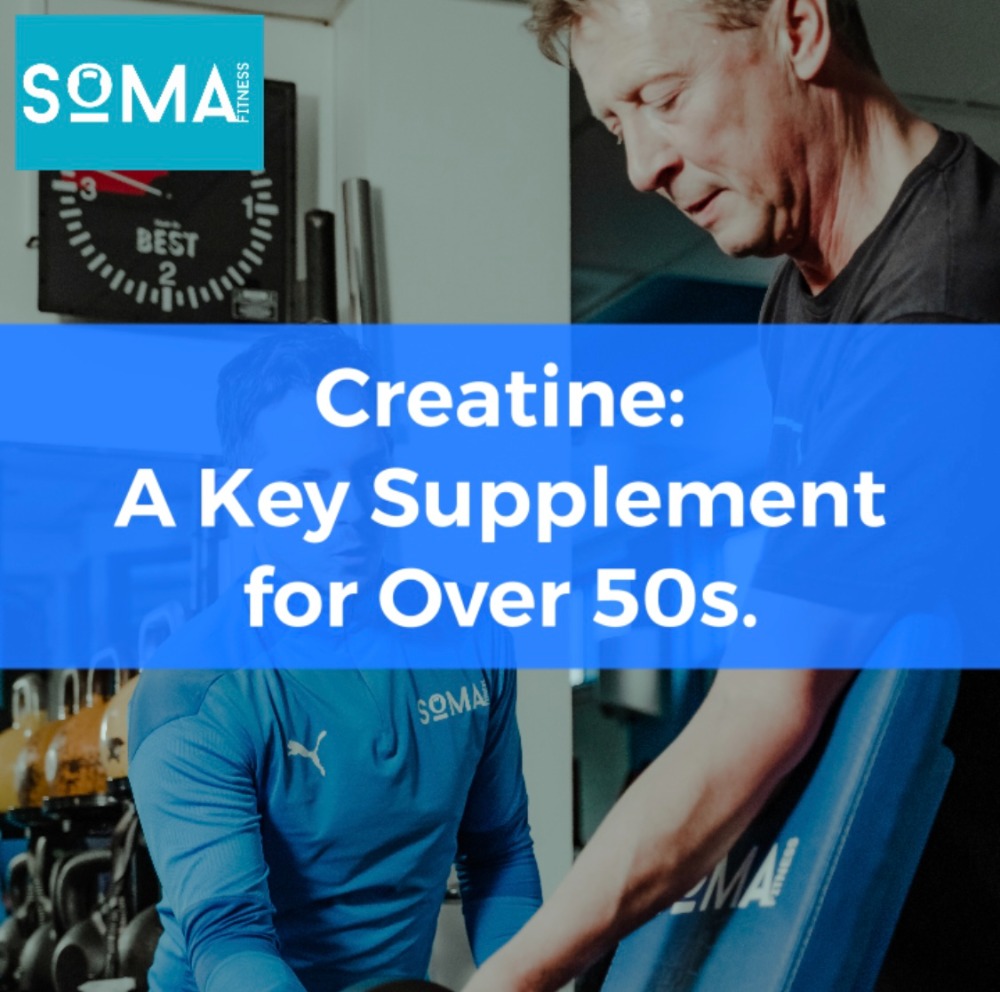Weight Loss: Fundamental basic skills and habits required to succeed.

Weight loss is a challenging process that requires dedication, discipline, and consistency. Many people give up to achieve their weight loss goals because they lack the fundamental basic skills and habits required to succeed. In this article we will cover the essential skills necessary for weight loss and how to implement them effectively.
- Goal setting: The first step towards weight loss success is setting realistic and achievable goals. A lot of times we sit down with clients in our personal training facility and they don’t have clear goals, part of our job as personal trainers is to guide each individual on setting clear attainable goals and laying out the journey for them. Having a specific goal and micro goals laid out helps to keep you motivated and focused on your weight loss journey. Set short-term goals like losing 1-2 pounds a week and long-term goals like losing 20-30 pounds in 6 months. If you do not hit your short term goals for one week make note of the reasons why and implement a strategy for the following week to avoid the pitfalls that held you back. This way you are accountable for the habits that have held you back over months and years and you are on the right track to creating long lasting positive habits for your health and weight loss goals. Write down your goals and make a plan to achieve them. If you can’t manage this yourself hire a personal trainer to do it for you and guide you along the way.
- Mindset: The correct mindset is crucial to achieving your weight loss goals. Believe that you can achieve your goals and be patient with yourself. Avoid negative self-talk and celebrate small wins along the way. Surround yourself with positive people who will support you on your weight loss journey and avoid individual who will bring you down or reinforce bad habits into your lifestyle.
- Nutrition: Nutrition plays a vital role in weight loss. Start by eating a nutritious diet that includes nutrient dense foods like fruits, vegetables, proteins, and healthy fats. Avoid processed and high-calorie foods that are not nutrient dense. Increasing your micronutrient content will improve your energy levels which will allow you to move more and burn more calories. Use a food diary or my fitness pal to track your calorie intake and make sure you are eating within your calorie targets. Begin with a moderate deficit and adjust it as you progress, don’t kill yourself with and unrealistic deficit this will make most people give up and have negative associations with weight loss. As personal trainers we will adjust a clients calorie intake based on certain factors our aim is to get a continued weight reduction with as many calories as possible.
- Exercise: Regular exercise is essential for weight loss. Resistance training plays a huge role as we build lean muscle mass we raise our metabolic rate which means you burn more calories at rest. Aim for at least 30 minutes of exercise daily. Incorporate both cardio and strength training into your workout routine. Find an exercise frequency that you can keep consistent and keep into you your weekly schedule.
- Sleep: Getting enough sleep is crucial for weight loss. Lack of sleep can lead to weight gain and poor food choices. Aim for 7-8 hours of sleep every night. Establish a bedtime routine to help you fall asleep faster and get better quality sleep. We have a sleep protocol that we provide for clients who struggle with sleep. We recommend avoiding caffeine past 1:00 pm and limiting screen time before bed.
- Hydration: Staying hydrated is essential for weight loss. Drink at least 8-10 glasses of water every day. Avoid sugary drinks like soda and juice, which can add unnecessary calories to your diet. Of course alcoholic beverages should be limited and accounted for in your tracking.
- Accountability: Accountability is crucial for weight loss success. Find a friend or family member who can support and encourage you on your weight loss journey be cautious with this as they have to be as committed as yourself to keeping you accountable if they let you down at times if may well encourage you to have a day off or quit altogether. Hiring a personal trainer is probably the best thing you can do to hold yourself accountable and provide you with all the necessary tools to achieve sustainable long lasting weight loss.










Recent Comments